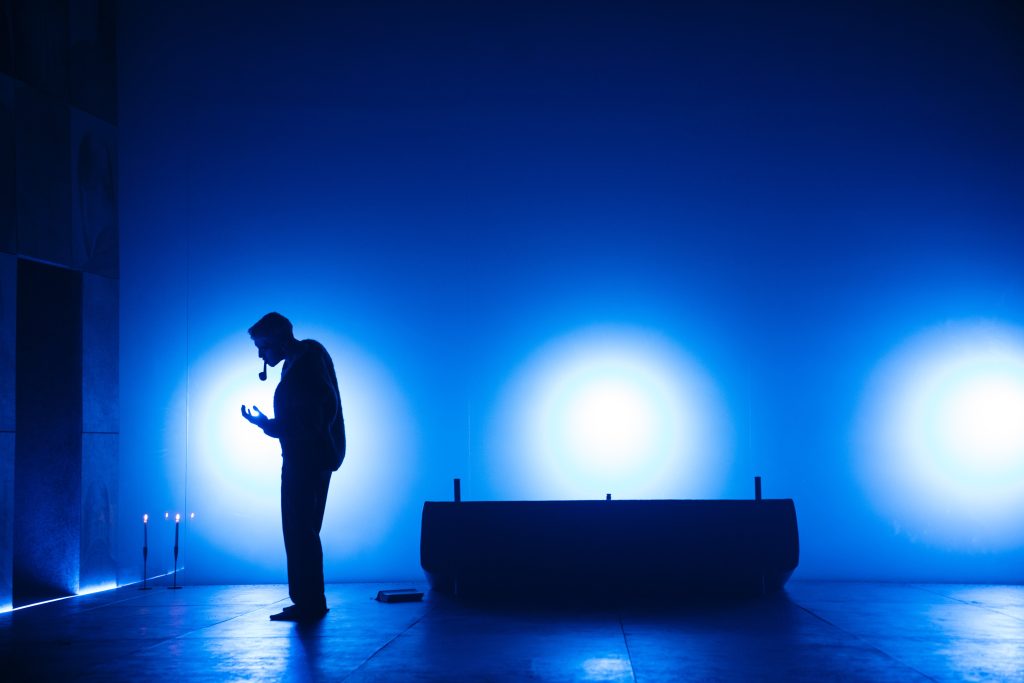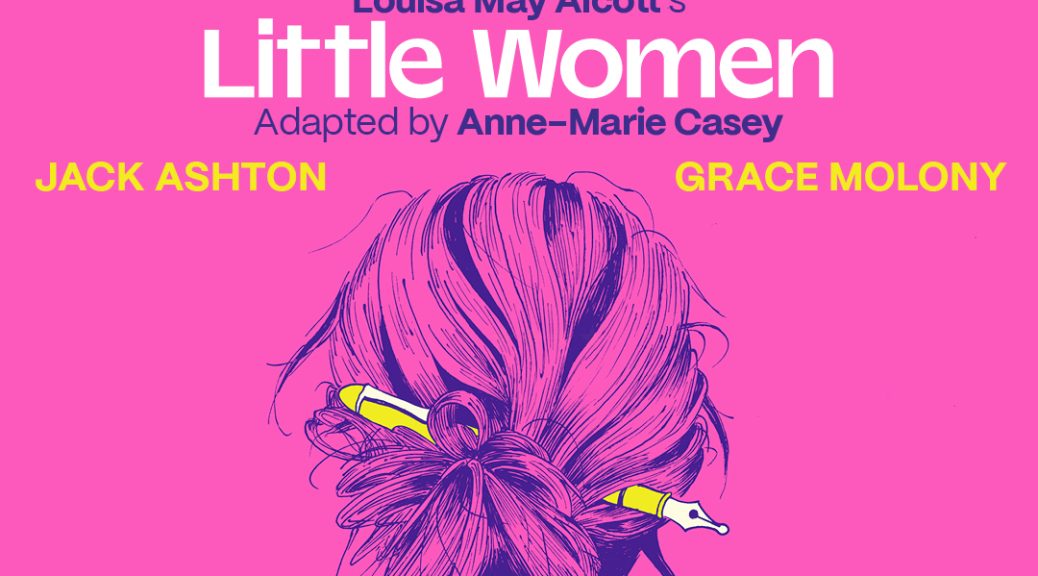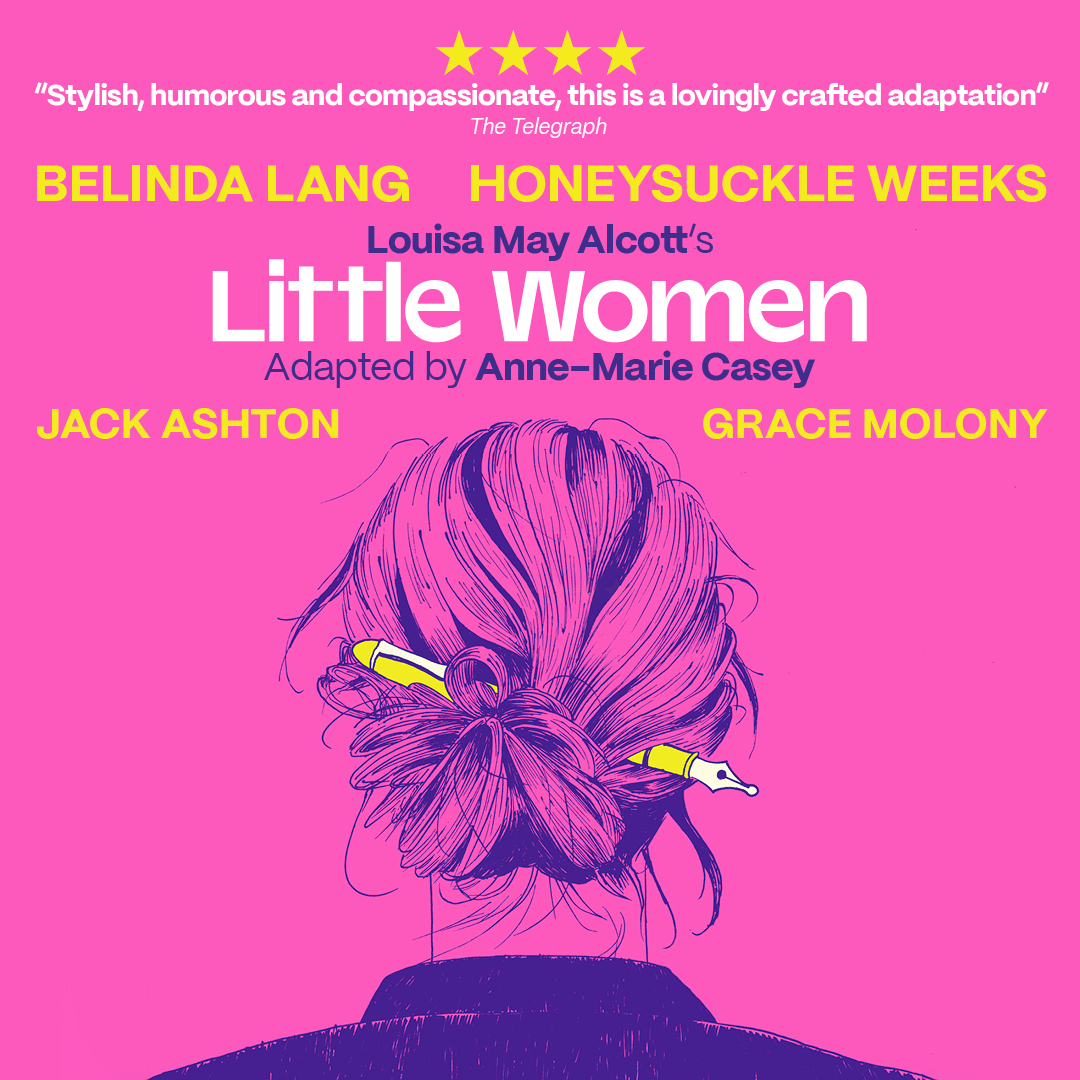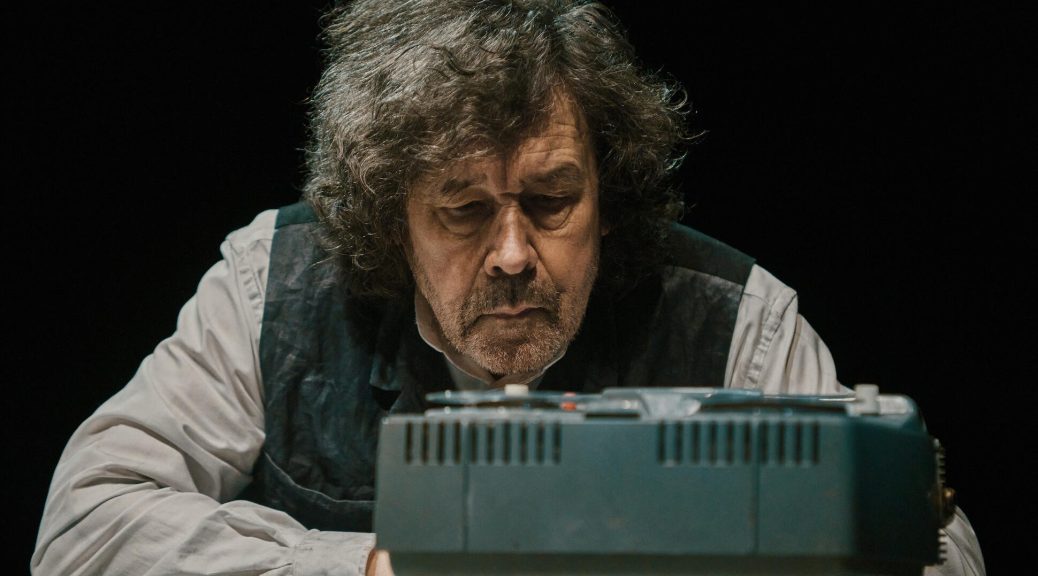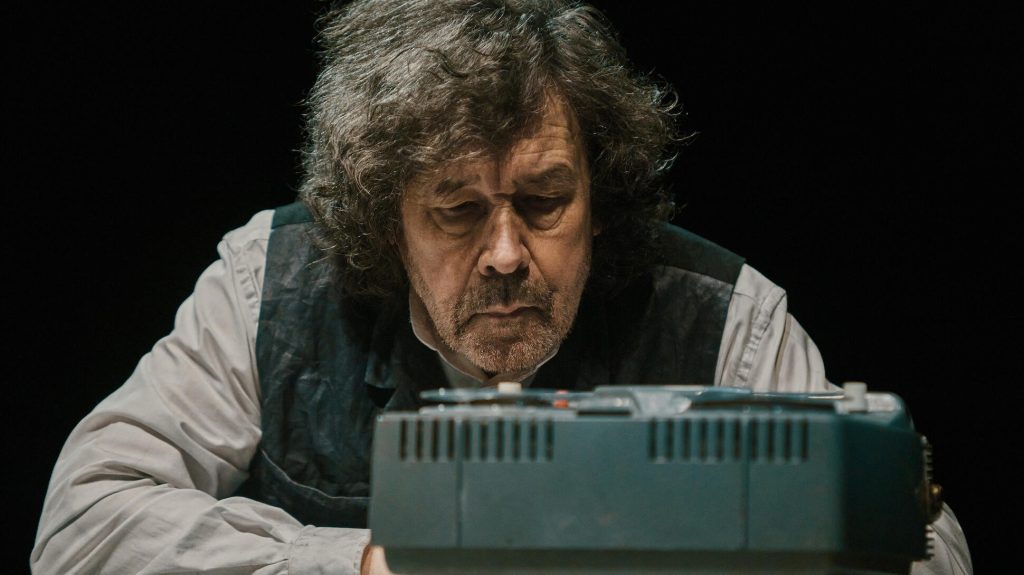
What do you get when you mix the creators of South Park with the co-creator of Avenue Q and the songs of Frozen and Frozen II? It’s a riotous, crude, hilarious, downright naughty affair with some devilishly catchy songs to boot. The Book of Mormon marches, ‘two by two’ back to the Wales Millennium Centre on its latest tour stop and I’m glad to report it’s still as jaw achingly funny as before and choc-full of heart (as well as innuendos, ‘outuendos’ and everything in between!).
The story follows the endlessly optimistic and faithful, Elder Price (played by Adam Bailey) who has finished his Missionary training and is dreaming of a two-year Mission in his favourite place in the world; Orlando, Florida. However, his prayers are answered in a distinctly ‘different’ way when he is paired up with the hapless Elder Cunnigham (Sam Glen) and packed off to Uganda, where War Lords have the towns in an iron grip and there is definitely no Sea World or Disney World…
What follows is the pair’s journey to convert and baptise the Ugandans, and to ‘do something incredible’ whilst the residents just shout Hasa Diga Eebowai (which definitely does not mean, ‘no worries for the rest of your days!’). It’s not a show for the faint hearted; with the creators of South Park at the helm, you wouldn’t expect anything less, but what I love about the show is their ability to use that dark, sometimes crude sense of humour but create something that’s still got such an important message at its core.
The Mormon sections are truly delightful, from Hello to Turn It Off, the ensemble of Latter-Day Saints are excellent, led by Tom Bales who is an excellent and hilarious Elder McKinley. Vocals are en pointe and the dancing, especially the showstopping number, Turn It Off (pink sparkly waistcoats and tap shoes!) is a joy to behold. Adam Bailey is perfectly poised as ‘perfect’ Mormon, Elder Price and his fourth wall breaks to look at the audience are so well timed executed without fault. His vocals, in I Believe especially, soar. He is teamed with Sam Glen as Elder Cunningham who captures the audience’s hearts immediately. He is our anti-hero; flawed but with such good intentions and his joy at finding his ‘best friend’ in Elder Price is infectious. I especially loved, Baptise Me, his duet with Nyah Nish as Nabulingi. His constant changing of her name is brilliant, especially a very topical one towards the end of the show. Not much ‘reform’ needed to that part of the show, the audience thought it was brilliant judging by the reaction!
The Ugandans are exceptional, led by a gentle, lovely vocal performance by Nyah and hilariously deadpan Kirk Patterson as Mafala Hatimbi. The singing here is exceptional, from Hasa Diga Eebowai to Joseph Smith American Moses, and they have some of the best lines in the show, ‘one liners’ that have the audience in stitches immediately.
This is not a show for the faint hearted and, yes, it could be seen as coarse or even lewd, but what Parker, Stone and Lopez have created here has a much deeper story and emotions underneath all the surface level crudeness. The human experiences portrayed here are as deep and true to life as any more serious musical and can capture the imagination of any theatre goer. So, don your crisp white shirt and black tie, pop on your name badge and get down to the Millennium Centre to be converted. With songs so catchy it should be sinful, laughs that will leave you with jaw ache and an exceptionally talented cast and ensemble, you’ll be seeking redemption if you miss it!

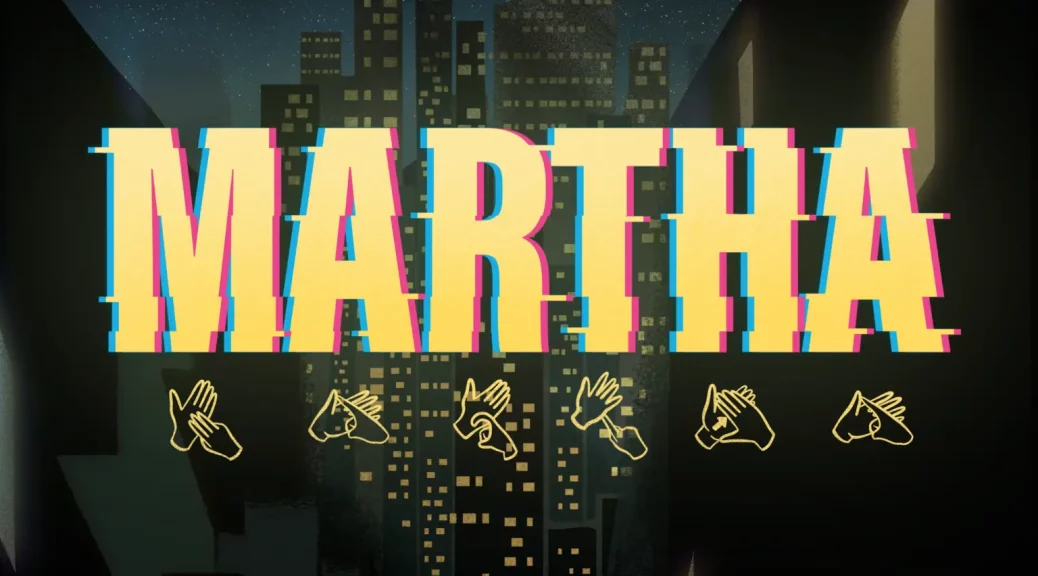
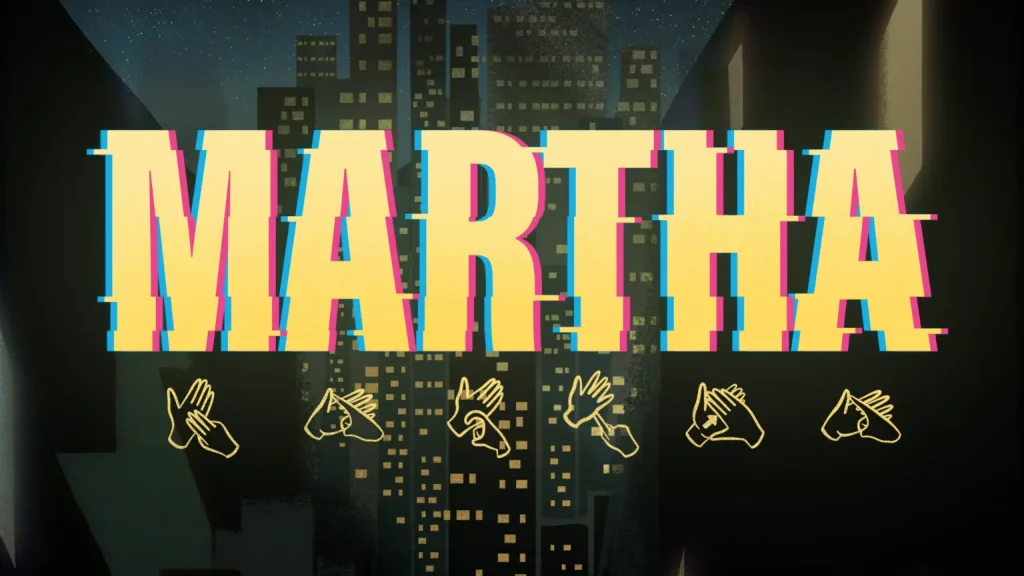
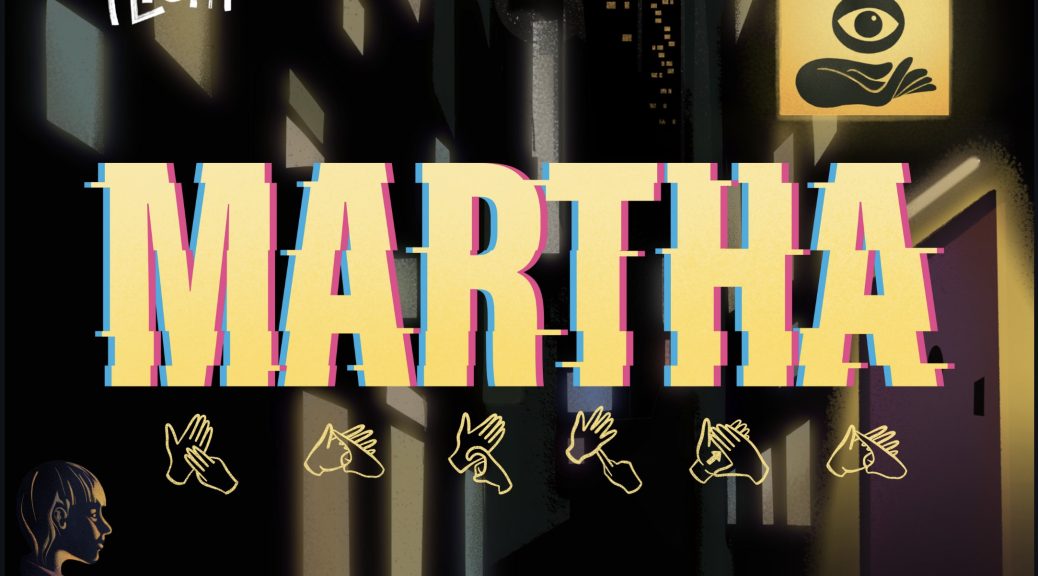
 (4 / 5)
(4 / 5)

 (4.5 / 5)
(4.5 / 5)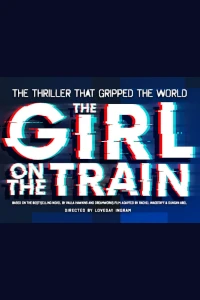
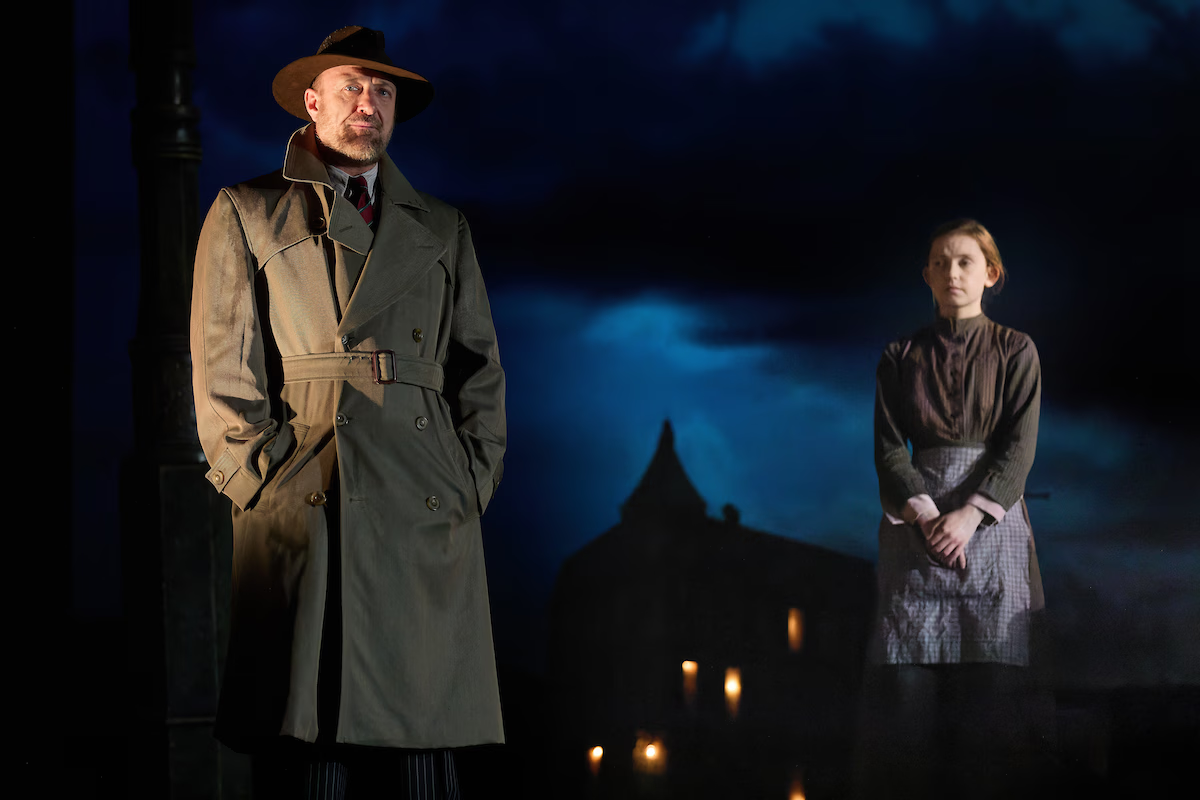

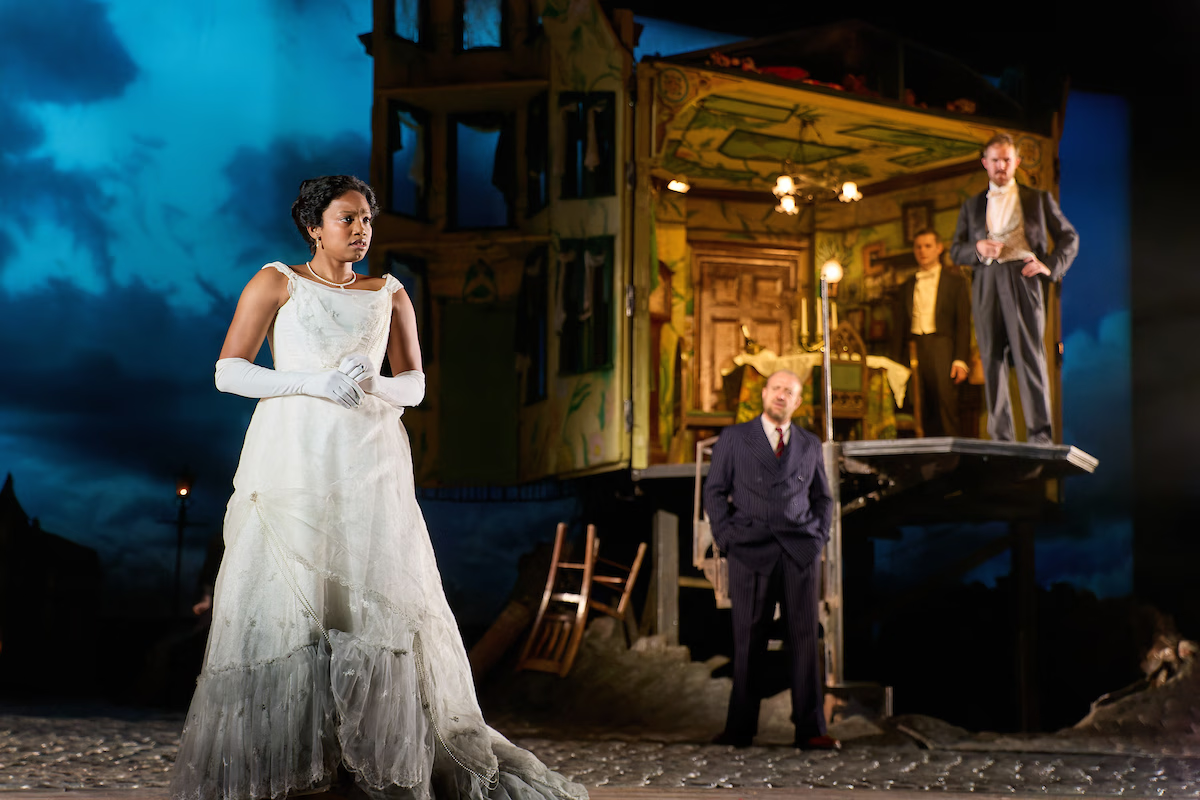
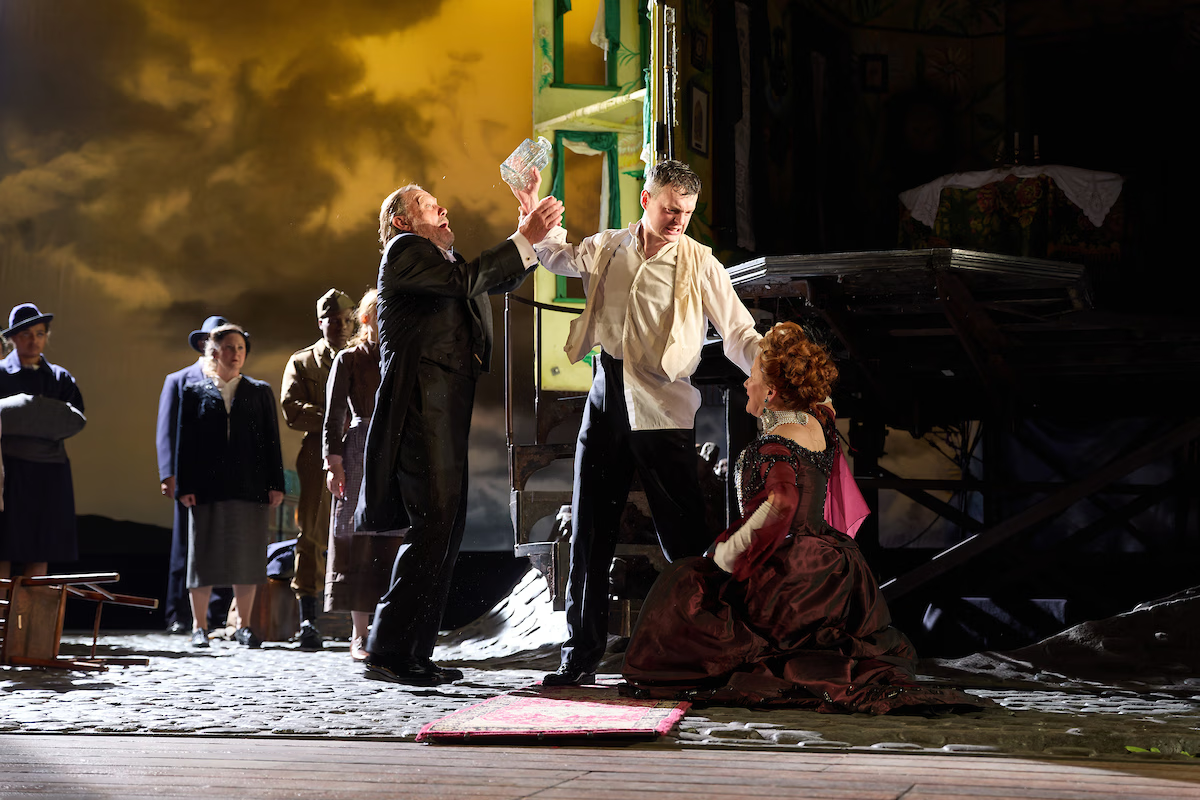
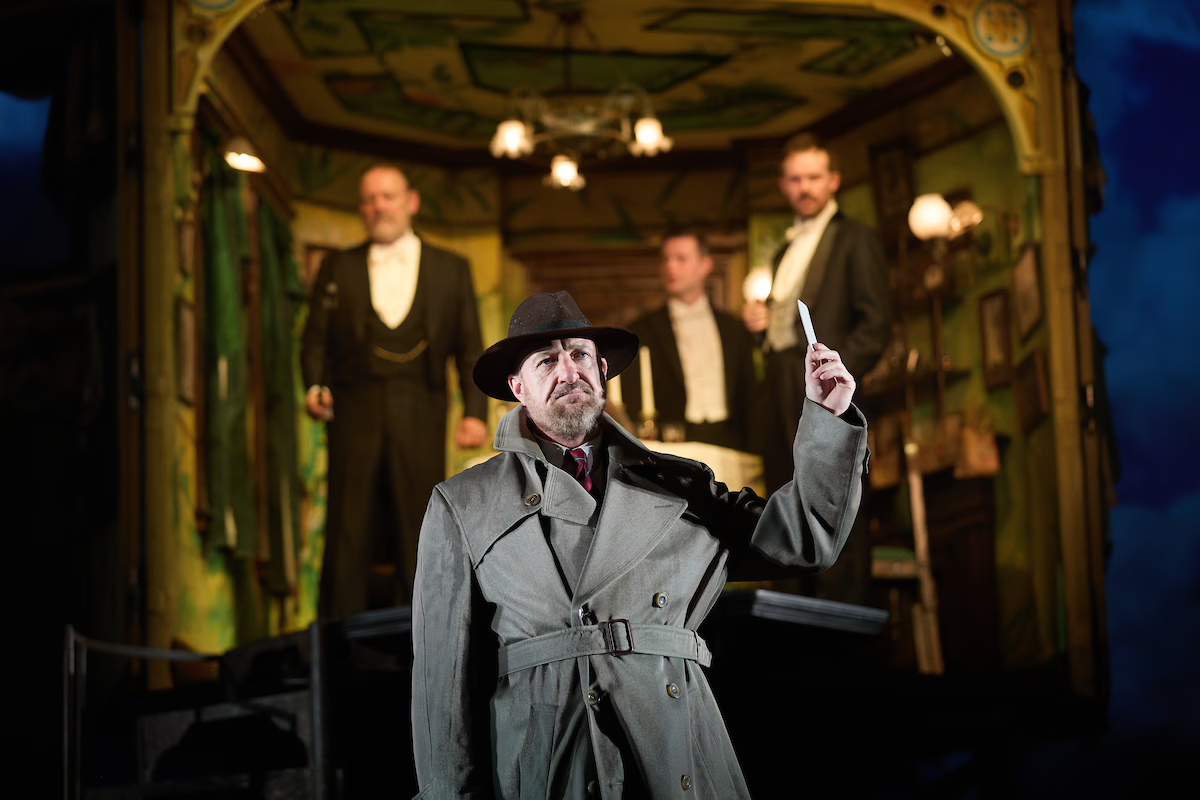
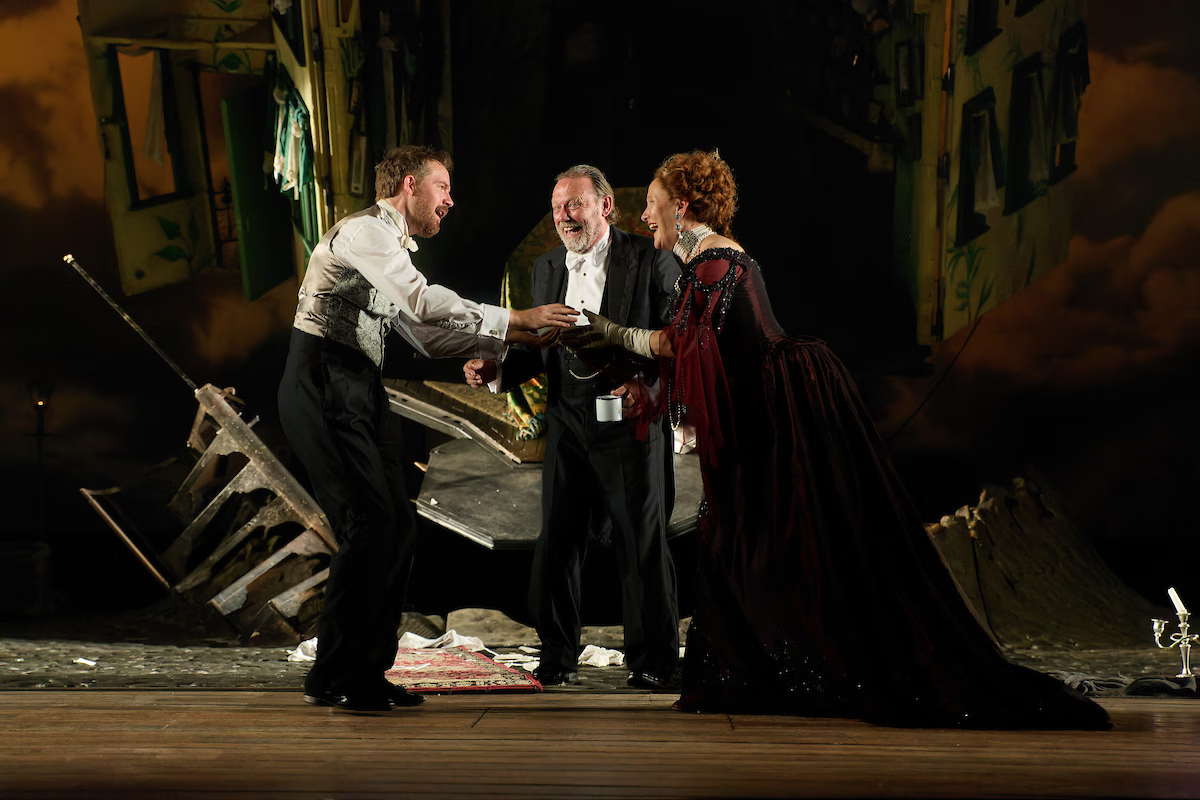
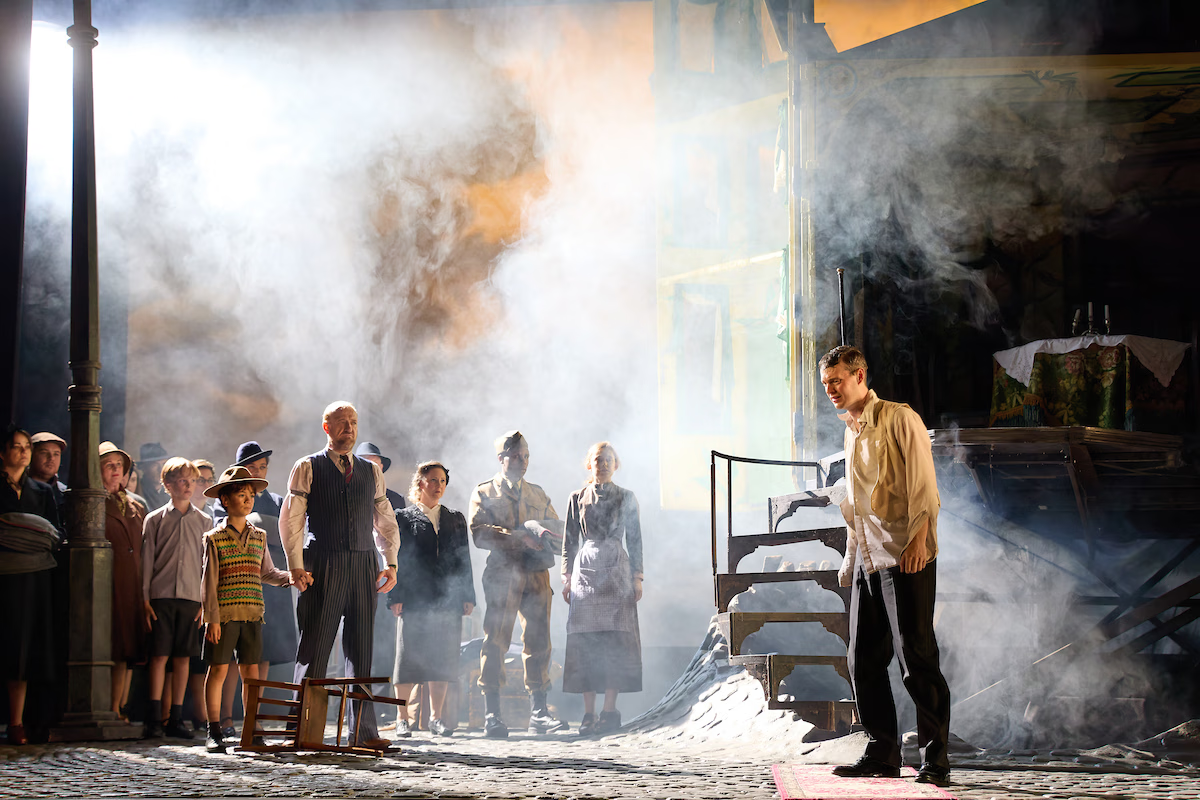
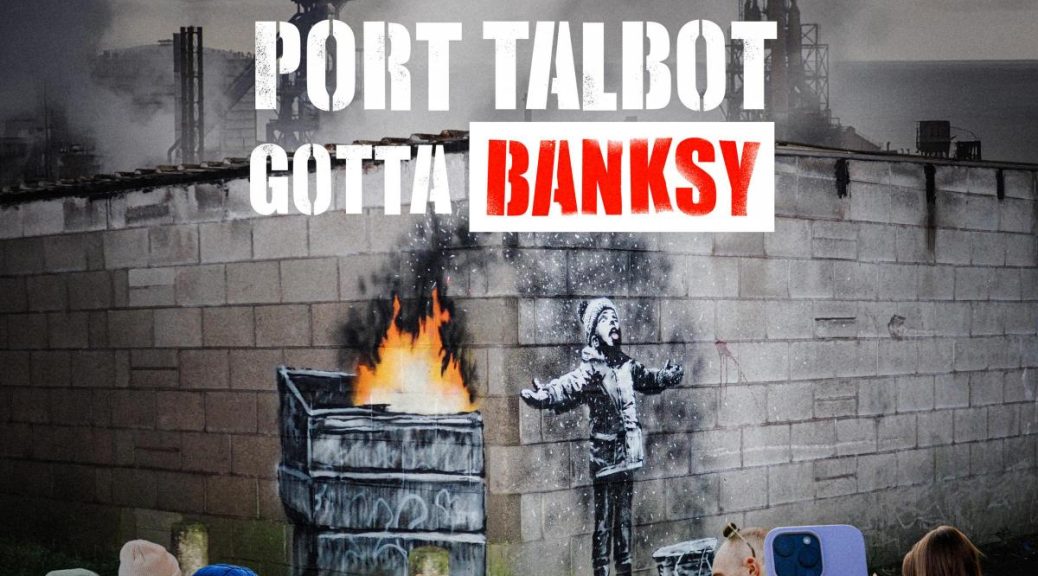
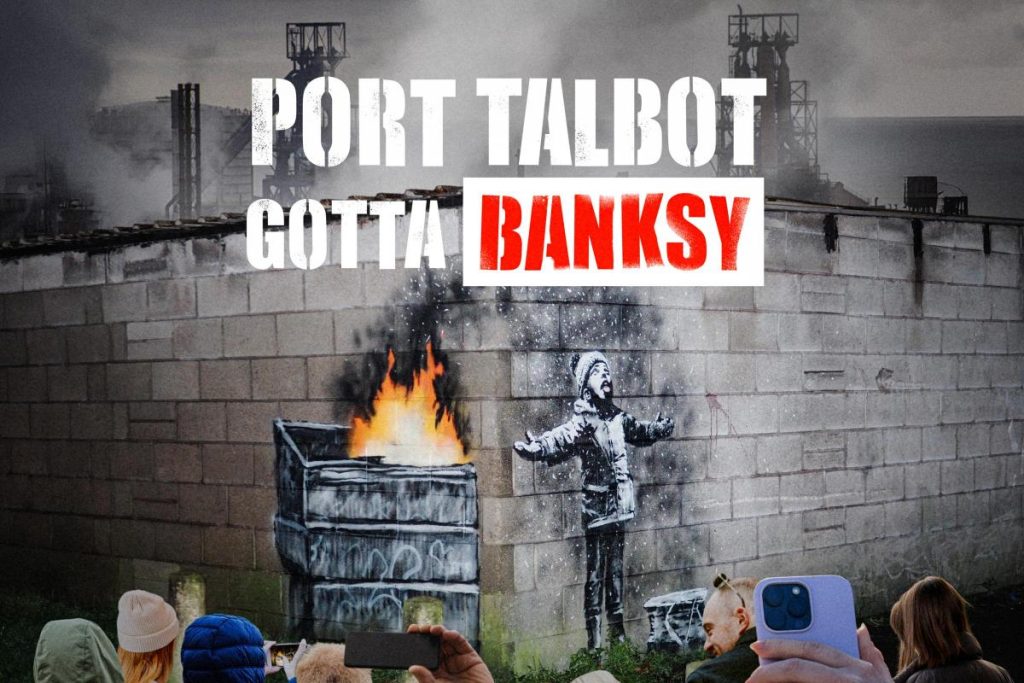

 (3 / 5)
(3 / 5)